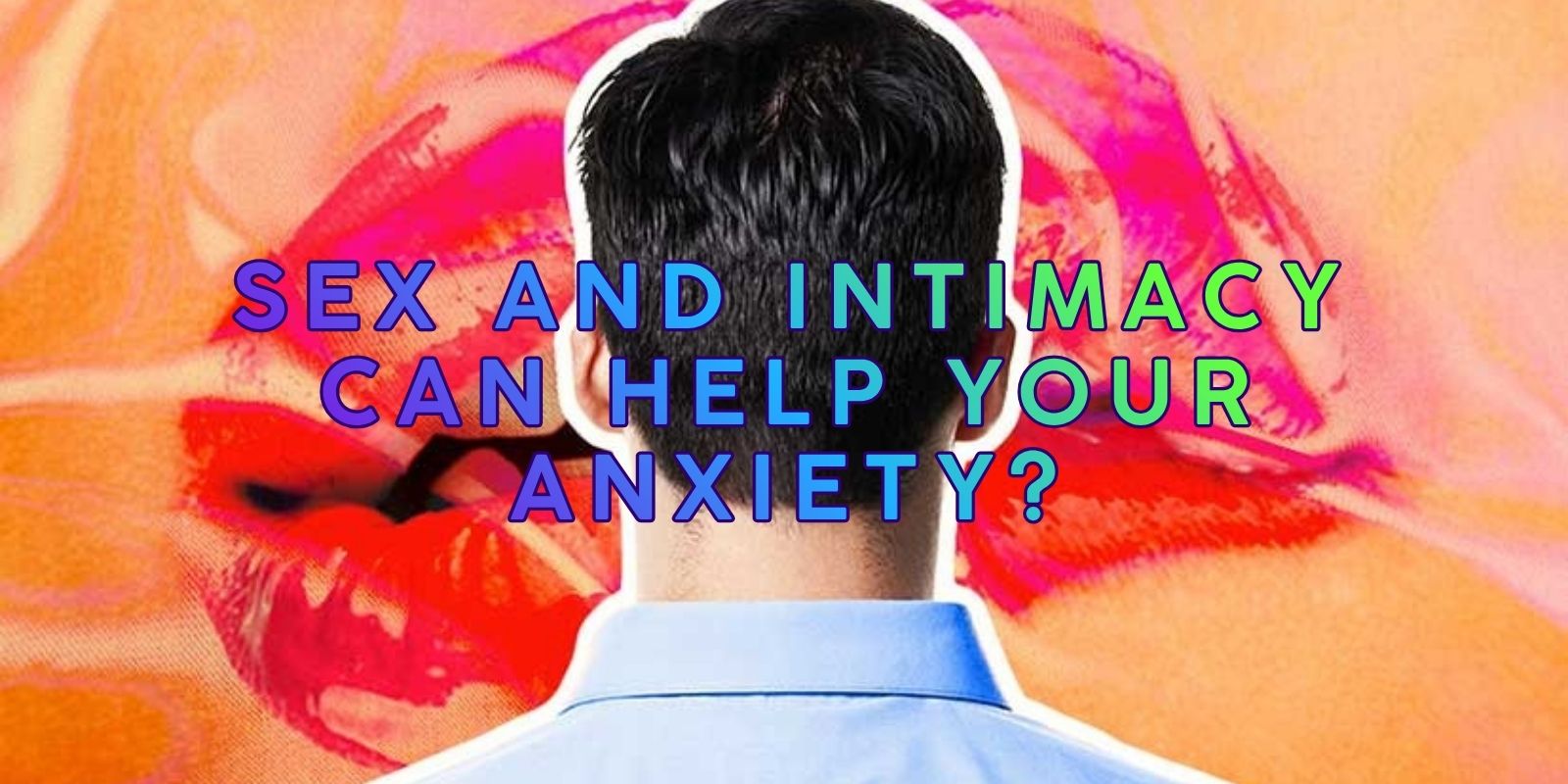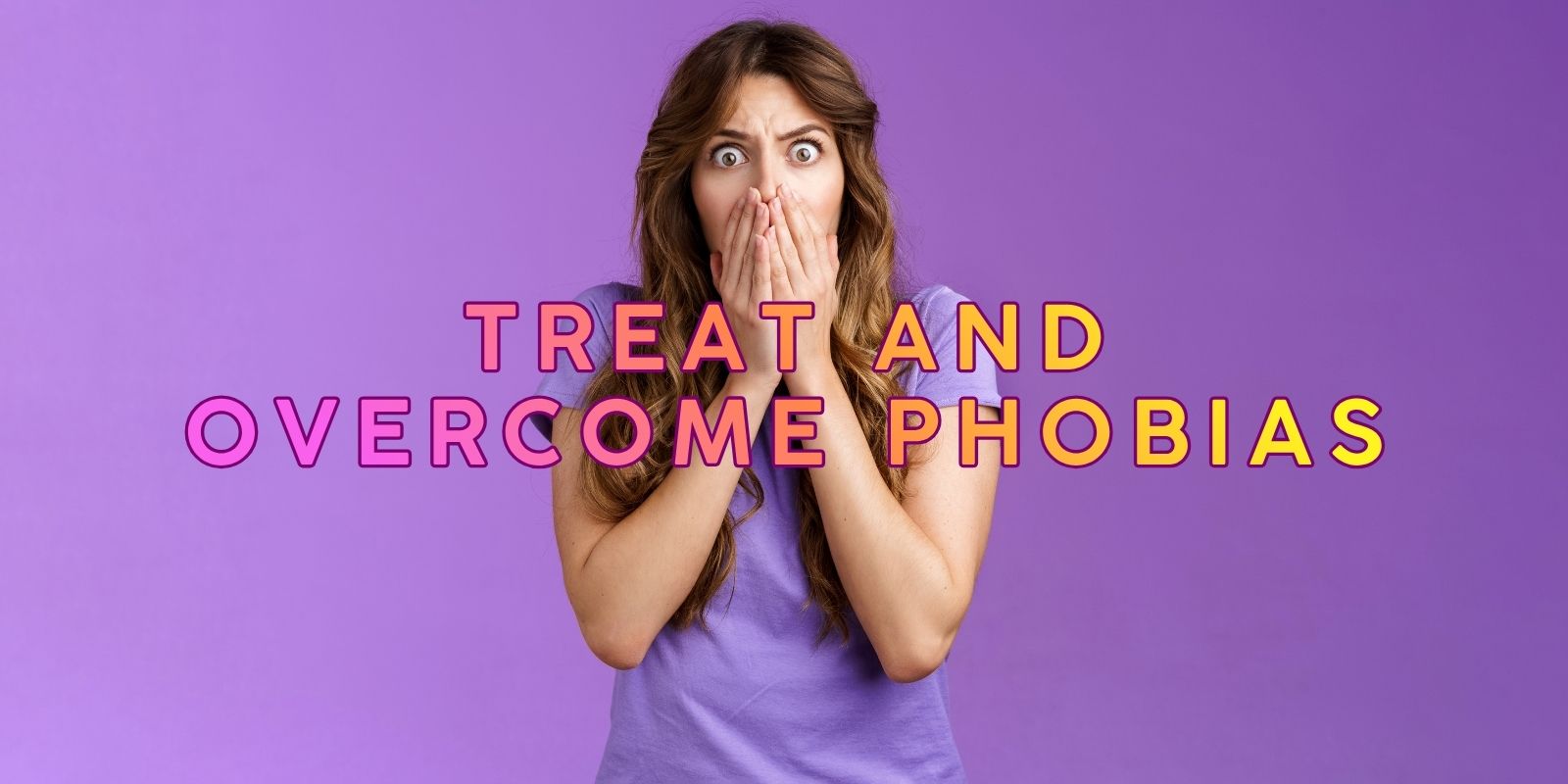Treat and Overcome Phobias
Treat and Overcome Phobias: Phobias can limit your life in ways that often feel overwhelming, confusing, or impossible to control. Whether your fear appears in everyday moments or only when triggered, it can still create stress, panic, and avoidance that keeps you from living freely. Hypnosis has become one of the most effective tools to gently rewire emotional responses and help people face fears with clarity and confidence. This expanded guide explains how hypnotic techniques work, what to expect during sessions, and how this approach supports long-term emotional wellbeing.
Table of Contents – Treat and Overcome Phobias
- Understanding Phobias and Emotional Fear Responses
- How Hypnosis Works for Phobia Treatment
- What Happens During a Hypnosis Session
- The Non-Verbal Components of Hypnosis
- How Long Do Sessions Take?
- Types of Phobias Hypnosis Can Help With
- Key Takeaways
- FAQ
- Restoring Calm: A Healthier Way Forward

Understanding Phobias and Emotional Fear Responses
Fear is a natural human response, but phobias go far beyond everyday nervousness. A phobia creates an intense, often uncontrollable emotional reaction even when there is no real threat. People may experience trembling, sweating, panic, or a sudden feeling of helplessness. These sensations can occur from direct exposure or even from the thought of encountering the feared situation. As explained by the Mayo Clinic, phobias involve an exaggerated response that originates deep within emotional processing centres of the brain.
For many people, phobias develop after a negative experience, but in others they form gradually or even without a clear cause. Once the subconscious mind associates something with danger, that association becomes automatic. Even when you logically know the fear is irrational, your body still reacts. This is where hypnosis becomes incredibly valuable, because it communicates directly with the subconscious where these fear loops are stored.
Hypnosis provides a calm, controlled space where you can reframe emotional associations without the pressure of confronting the phobia directly. Over time, the subconscious begins replacing fear-based patterns with neutrality, confidence, and calm. This makes hypnosis one of the most effective and gentle tools available for lasting phobia relief.
How Hypnosis Works for Phobia Treatment
Hypnosis shifts the mind into a deeply relaxed but highly focused state. In this state, the subconscious becomes more receptive to new perspectives and emotional rewiring. A qualified hypnotherapist guides you into relaxation and uses carefully chosen suggestions to weaken the emotional charge associated with your fear. The process helps create distance between the trigger and your physical response, allowing you to regain control.
Hypnosis can also transform the mental images, memories, or beliefs connected to your phobia. For example, if you have a fear of heights, your subconscious may store exaggerated imagery of danger. Through hypnotic work, these images can be softened and replaced with more realistic and neutral associations. Over time, the brain learns to respond calmly instead of with panic.
Another benefit of hypnosis is its ability to calm the nervous system. Many phobic responses are automatic, but hypnosis teaches your body to shift into relaxation rather than fight-or-flight. This is especially valuable for people whose fears are related to past trauma or long-held emotional patterns. By calming both the mind and body, hypnosis creates a pathway toward lasting relief.
What Happens During a Hypnosis Session
A typical hypnosis session begins with a conversation about your phobia, your history, and how it affects your life. This helps the hypnotherapist understand the emotions, thoughts, and physical reactions tied to your fear. If you’re also experiencing anxiety, stress, or overthinking, exploring these patterns can be helpful — and resources like the anxiety and stress service provide supportive information.
After discussing your goals, the hypnotherapist will guide you into a relaxed position. You may sit comfortably or lie down, depending on what makes you feel at ease. Treat and Overcome Phobias: Through calm verbal cues, rhythmic breathing, and guided focus, the therapist helps your mind drift into a trance-like state. You remain conscious and aware, but your attention becomes quiet, centered, and open to positive suggestion.
Once in this state, the therapist uses imagery, calming narratives, and targeted emotional reframing to weaken your phobic response. Some practitioners incorporate gentle confidence-building practices similar to those used in sports performance hypnotherapy, helping you feel more capable and grounded. When the session ends, you are gradually brought back to full awareness, feeling calm and refreshed.
The Non-Verbal Components of Hypnosis
The hypnotic experience is not only verbal. Treat and Overcome Phobias: A significant part of the process involves subtle non-verbal cues that influence how your mind interprets safety and relaxation. Your breathing, posture, and internal focus all play crucial roles. When your body relaxes, your mind naturally follows, making it easier to access deeper emotional layers.
Sensory awareness is another important element. During hypnosis, people often notice sensations they normally overlook — warmth, stillness, or a soft heaviness in the limbs. These feelings help anchor the mind into the present moment, making it easier to release fear-driven patterns from the subconscious. This is partly why mindfulness-based practices, like those offered in mindfulness and meditation programs, pair so well with hypnotherapy.
The absence of environmental distractions also strengthens the hypnotic process. Treat and Overcome Phobias: A quiet room, gentle voice, and calming atmosphere create the perfect conditions for mental clarity. This focused environment encourages your subconscious to open up and accept new, healthier emotional responses.
How Long Do Hypnosis Sessions Take?
Most hypnotherapy sessions last between 1 and 2 hours, depending on your specific needs and how quickly you relax into the trance state. People experience hypnosis differently — some enter the state within minutes, while others need more time to settle. Your first session typically includes additional discussion to understand your phobia thoroughly.
Many people begin noticing shifts within the first two to three sessions. Treat and Overcome Phobias: These early improvements may include less intense anxiety, fewer intrusive thoughts, or feeling more calm when imagining the feared situation. For deeper-rooted or trauma-connected phobias, longer-term work may be beneficial, especially when paired with ongoing stress reduction techniques.
Hypnosis is a process of gentle reconditioning. Each session layers new positive associations over old fear responses. With consistency and openness, most people experience meaningful, long-lasting relief that helps them reclaim confidence and emotional freedom.
Types of Phobias Hypnosis Can Help With
Hypnosis is effective for a wide range of phobias because it works at the subconscious level, where fear associations are stored. Common phobias treated through hypnosis include fear of heights, animals, insects, driving, flying, public speaking, or enclosed spaces. For some people, these fears are linked to past experiences, while for others they develop suddenly or gradually without a clear cause.
Hypnosis is also valuable for emotional and situational fears. People who struggle with panic in crowds, fear of embarrassment, or anxiety during social interactions often benefit from subconscious reconditioning. Studies referenced by Verywell Health highlight that phobia treatment works best when emotional triggers, physical responses, and subconscious memories are addressed together.
In addition to phobias, hypnosis supports related emotional conditions such as anxiety, overthinking, stress sensitivity, and unresolved trauma. It complements other therapeutic tools and can create a powerful foundation for broader emotional healing and personal growth.
Key Takeaways – Treat and Overcome Phobias
- Hypnosis helps reprogram subconscious fear responses linked to phobias.
- Sessions create deep relaxation that weakens anxious triggers and physical panic.
- Hypnosis works for both simple and complex phobias, including trauma-based fears.
- Most people see improvements within two to three consistent sessions.
- It is one of the most gentle, non-invasive methods for long-term emotional relief.

FAQ – Treat and Overcome Phobias
Can hypnosis cure phobias permanently?
Many people experience long-term relief after hypnosis, especially when sessions focus on emotional rewiring. Results vary, but hypnosis often reduces fear significantly or eliminates the phobia entirely.
Will I lose control of my mind during hypnosis?
No. You remain aware and in control the entire time. Hypnosis is a focused, relaxed state — not mind control. You can reject any suggestion that doesn’t feel right to you.
How many sessions do I need for phobia treatment?
Most people need between two and six sessions, depending on the depth of the phobia and how the subconscious responds. Mild fears may improve faster.
Can hypnosis help with trauma-based phobias?
Yes, hypnosis is especially effective for phobias linked to past emotional events. It gently reframes subconscious memories without forcing you to relive trauma.
Is hypnosis safe for everyone?
Hypnosis is safe for most people. However, individuals with certain psychological conditions should consult a mental health professional before beginning treatment.
Calm Your Mind, Free Your Life: Moving Beyond Phobias
Treat and Overcome Phobias: Phobias can feel overwhelming, but they don’t have to control your life forever. Hypnosis offers a gentle yet powerful way to reshape the emotional patterns that fuel fear. By working directly with the subconscious, hypnosis helps you develop new responses, new confidence, and new freedom. With the right guidance and consistent practice, you can step into a calmer, more empowered version of yourself — one that no longer feels limited by fear. Your healing starts with a single step, and hypnosis can be the path that guides you there.

